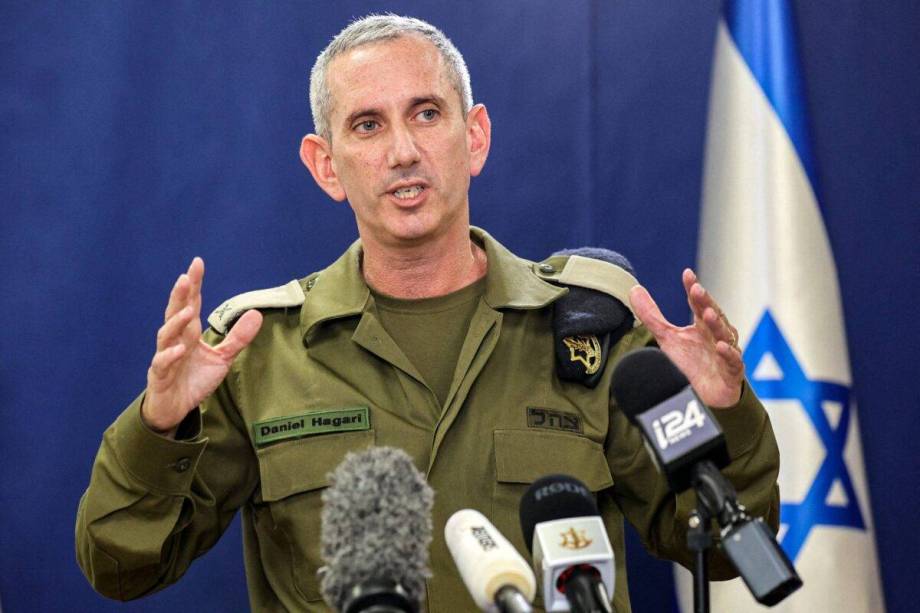Listen to the article
Israeli military officials are calling for a dramatic overhaul of the country’s online information strategy, with former IDF spokesperson Daniel Hagari declaring that Israel has “lost the war on social media” during a recent address to Jewish leaders in Washington.
Speaking at the annual conference of the Jewish Federations of North America, Hagari described digital platforms as the most dangerous and complex arena shaping global public opinion about the ongoing Middle East conflict. His remarks highlight growing concern among Israeli officials about the nation’s ability to control its international narrative, particularly among younger demographics.
“We’re no longer fighting with traditional methods of communication,” Hagari told the assembled audience. “This is a battle of images, videos, and statistics—not lengthy texts.” His assessment comes amid escalating global criticism of Israel’s military operations, especially on platforms like TikTok, Instagram, and X (formerly Twitter), where pro-Palestinian content has gained significant traction.
Hagari’s proposed solution is ambitious and controversial: the creation of a digital warfare unit modeled after Unit 8200, Israel’s elite cyber intelligence division renowned for its sophisticated electronic surveillance capabilities. The proposed entity would monitor anti-Israel content across multiple platforms in real time, operating in various languages to provide rapid-response messaging to government officials and media outlets.
The former spokesperson’s strategy goes beyond conventional public relations, advocating for the systematic deployment of fake online identities and automated bot networks to counter critical narratives. In a particularly noteworthy detail, Hagari suggested recruiting unofficial bloggers—”preferably mostly young women”—to shape global perceptions, a tactic that raises ethical questions about information manipulation.
Media analysts note that Hagari’s concerns reflect a significant shift in how global conflicts play out in the digital age. Traditional media gatekeeping has given way to decentralized information ecosystems where graphic footage, personal testimonies, and advocacy content can quickly reach millions without institutional filtering.
“The battle for hearts and minds has moved decisively to social media platforms,” explains Dr. Ayesha Kamal, a digital communications expert at Columbia University. “What we’re seeing is the recognition that controlling narrative is just as important as traditional military objectives in modern conflicts.”
Hagari, who was dismissed from his position as Israel’s top military spokesperson earlier this year, warned that the most decisive phase of this information battle lies ahead. He expressed particular concern about how future generations will understand current events when they encounter “two completely contradictory narratives” about October 7 and its aftermath, especially as artificial intelligence tools make information filtering increasingly sophisticated.
The timing of these remarks comes as Israel faces mounting pressure over its military operations in Gaza and Lebanon, with international organizations raising concerns about civilian casualties and humanitarian conditions. Social media has amplified these critiques, with hashtags like #GazaGenocide trending globally on multiple platforms.
Israeli government officials have repeatedly expressed frustration with what they perceive as biased coverage, while critics argue that social media has simply exposed realities that traditional media channels had previously overlooked.
Before his role as spokesperson, Hagari served as a navy officer in sensitive military positions. He assumed the role of Israel’s chief military spokesperson in 2023, becoming a familiar face during regular briefings about military operations following the Hamas attack on October 7.
His calls for a more aggressive digital information strategy come at a time when the lines between factual reporting, advocacy, and propaganda have become increasingly blurred across global conflict zones, raising important questions about the future of information integrity in wartime.
Fact Checker
Verify the accuracy of this article using The Disinformation Commission analysis and real-time sources.



